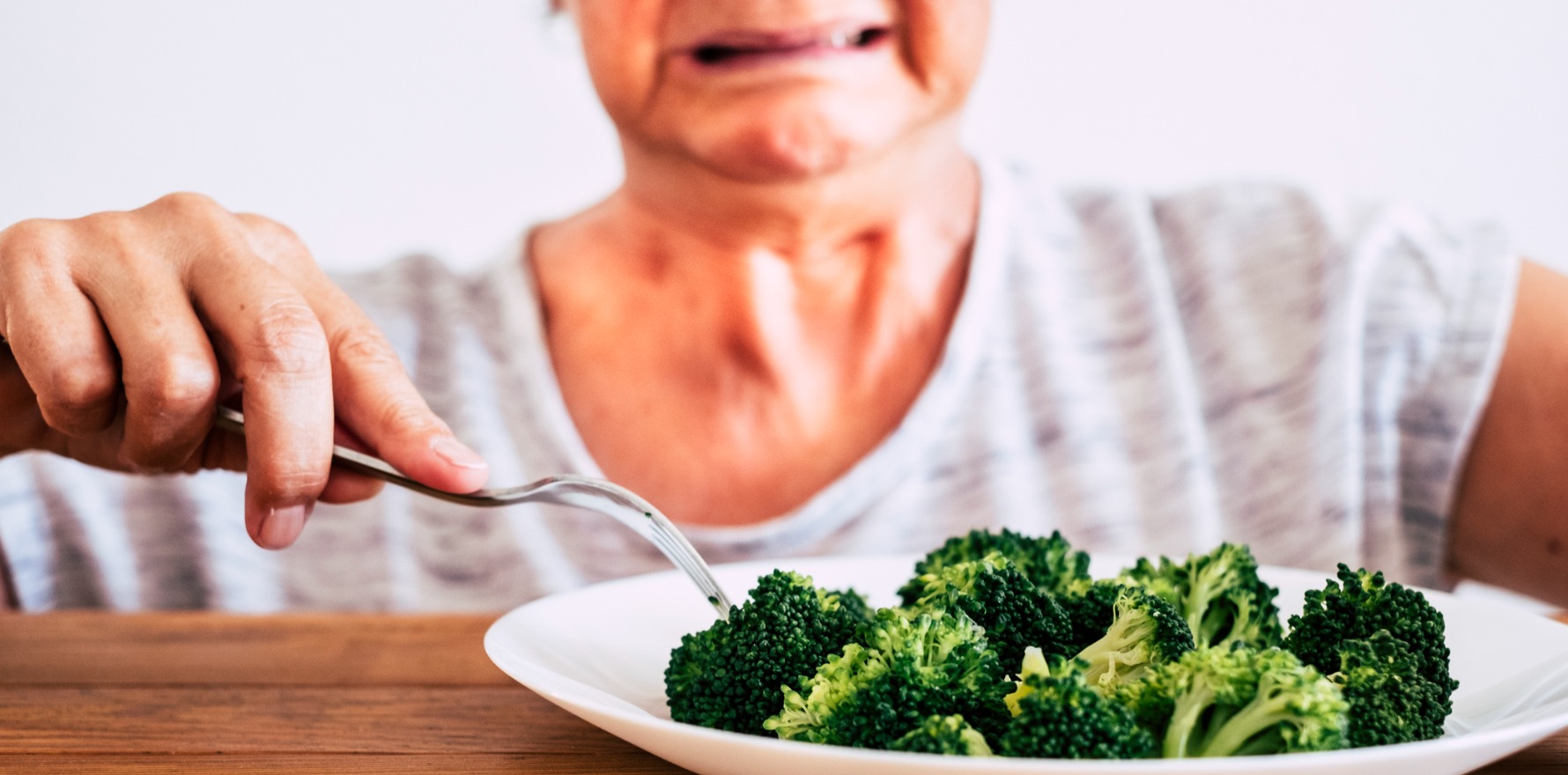Women who ate high levels of K1 were half as likely to be hospitalised with hip fractures.
Eating green leafy vegetables rich in vitamin K reduces the risk of bone fractures, according to a 14-year Australian study of older women.
The observational study found that women who consumed more than 100mcg of vitamin K1 a day were 31% less likely to have any fracture compared to women who ate less than 60mcg of vitamin K1 a day.
And women who ate high levels of vitamin K1 had a 50% lower risk of being hospitalised with a hip fracture, the Edith Cowan University and University of Western Australia researchers found.
“Specifically, we identify that a Vitamin K1 intake of approximately 100g d1 is associated with lower fracture risk in older women,” they wrote in Food and Function.
However, the researchers said the current dietary recommendations for vitamin K intake of 70mcg for men and 60mcg for men were too low.
One to two serves, or 75-150g, of vegetables such as spinach, kale, broccoli and cabbage would contain more than 100mcg of vitamin K1, they said.
“These recommendations are in line with public health guidelines advocating higher vegetable intake (e.g. 5 serves daily), which include one to two serves of green leafy vegetables.
“It’s another reason to follow public health guidelines, which advocate higher vegetable intake including one to two serves of green leafy vegetables — which is in-line with our study’s recommendations.”
The researchers looked at the relationship between fracture-related hospitalisations and vitamin K1 intake in 1400 older women over 14 years.
The observational study used self-reported data from older women who recorded their dietary intake over a year using measuring cups and spoons, as part of the Perth Longitudinal Study of Aging Women.
Study lead Dr Marc Sim said their results were independent of established fracture risk factors, such as body mass index, calcium intake, vitamin D status and prevalent disease.
“Basic studies of vitamin K1 have identified a critical role in the carboxylation of the vitamin K1-dependant bone proteins such as osteocalcin, which is believed to improve bone toughness,” the Edith Cowan University senior research fellow said in a statement.
“A previous Edith Cowan University trial indicates dietary vitamin K1 intakes of less than 100 micrograms per day may be too low for this carboxylation.
“Vitamin K1 may also promote bone health by inhibiting various bone resorbing agents.”
The researchers found in an earlier study that increasing vitamin K1 intake though green leafy vegetables – equal to 160mcg of vitamin K1 a day – increased the carboxylation of osteocalcin.
“Others have also suggested that Vitamin K intakes of <100g d1 may be too low for the carboxylation of vitamin K dependant proteins,” they wrote.
“Perhaps, greater vitamin K may also promote bone health by inhibiting various bone resorbing agents including prostaglandins and interleukin-6.
“However, it is essential here to acknowledge uncertainty as to whether pharmaceutical vitamin K including its forms (e.g. K1 or K2) have similar effects compared to its dietary form, especially due to potential influence of other nutrients within the food matrix.”


